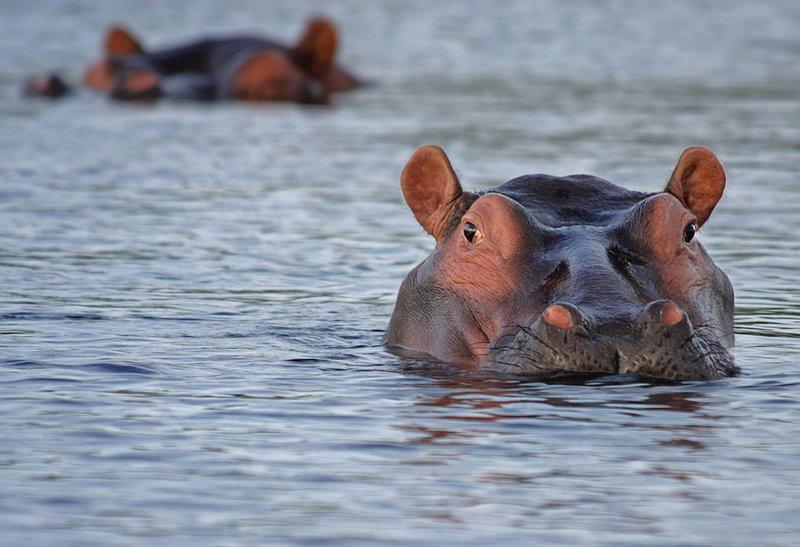WHILE health officials await lab results in the first suspected case of H1N1 flu in Namibia, preparations for dealing with a potential outbreak remain on track.
Health workers will assume their posts at Hosea Kutako Airport from this morning.The Roman Catholic Hospital in Windhoek confirmed at a meeting of the National Health Emergency Management Committee (NHEMC) yesterday that the first suspected case was detected on Monday morning, when a 40-year-old Namibian who had travelled to Hong Kong, China, reported to the hospital three hours after her arrival.By Wednesday this week, Hong Kong had 12 confirmed cases of H1N1 flu infection. The woman reported to the hospital with flu symptoms such as a sore throat, headache and body aches.Although she did not have a fever – one of the main symptoms of flu – hospital staff nonetheless followed the prescribed procedures because of her travel history.This included taking swab samples, which have been sent to the National Institute for Communicable Diseases (NICD) in South Africa for testing, advising the patient to stay at home for a week, and prescribing the antiviral drug Tamiflu, along with other medication.She was not admitted to the hospital, and was sent home after the tests were done.PROGRESSBut while the first suspected case may have come as a bit of a surprise for the NHEMC, it hasn’t been put down by the scare, and is continuing systematically in its emergency response preparations, which are in their final stages.Committee chairperson Dr Jack Vries described the first suspected case as an ‘ideal situation of reportage’, with the patient having reported to the hospital herself, showing that she was well informed of the flu epidemic.From this morning onwards, environmental health assistants and nurses will be stationed at the Hosea Kutako International Airport, having gone through training yesterday afternoon.These health workers will be responsible for handing out some of the 100 000 printed travellers’ cards containing information on the flu, answer questions on the flu, and direct travellers exhibiting flu symptoms.The H1N1 emergency response plan has also been finalised, and is currently being printed by the World Health Organisation (WHO) and distributed to health personnel in both the private and public sectors.Medical officers from all 13 regions will receive training today and on Wednesday next week, and there will be a workshop for journalists on Monday.In the rest of Africa, according to the WHO, no confirmed cases of Influenza A (H1N1) have been reported. By last Tuesday, 31 suspected cases had been reported in 11 African countries, it said. Test results in five of these cases are still awaited.Worldwide, the WHO’s latest flu update indicates that 48 countries have reported 13 398 cases of influenza A(H1N1) infection, including 95 deaths.nangula@namibian.com.na
Stay informed with The Namibian – your source for credible journalism. Get in-depth reporting and opinions for
only N$85 a month. Invest in journalism, invest in democracy –
Subscribe Now!










